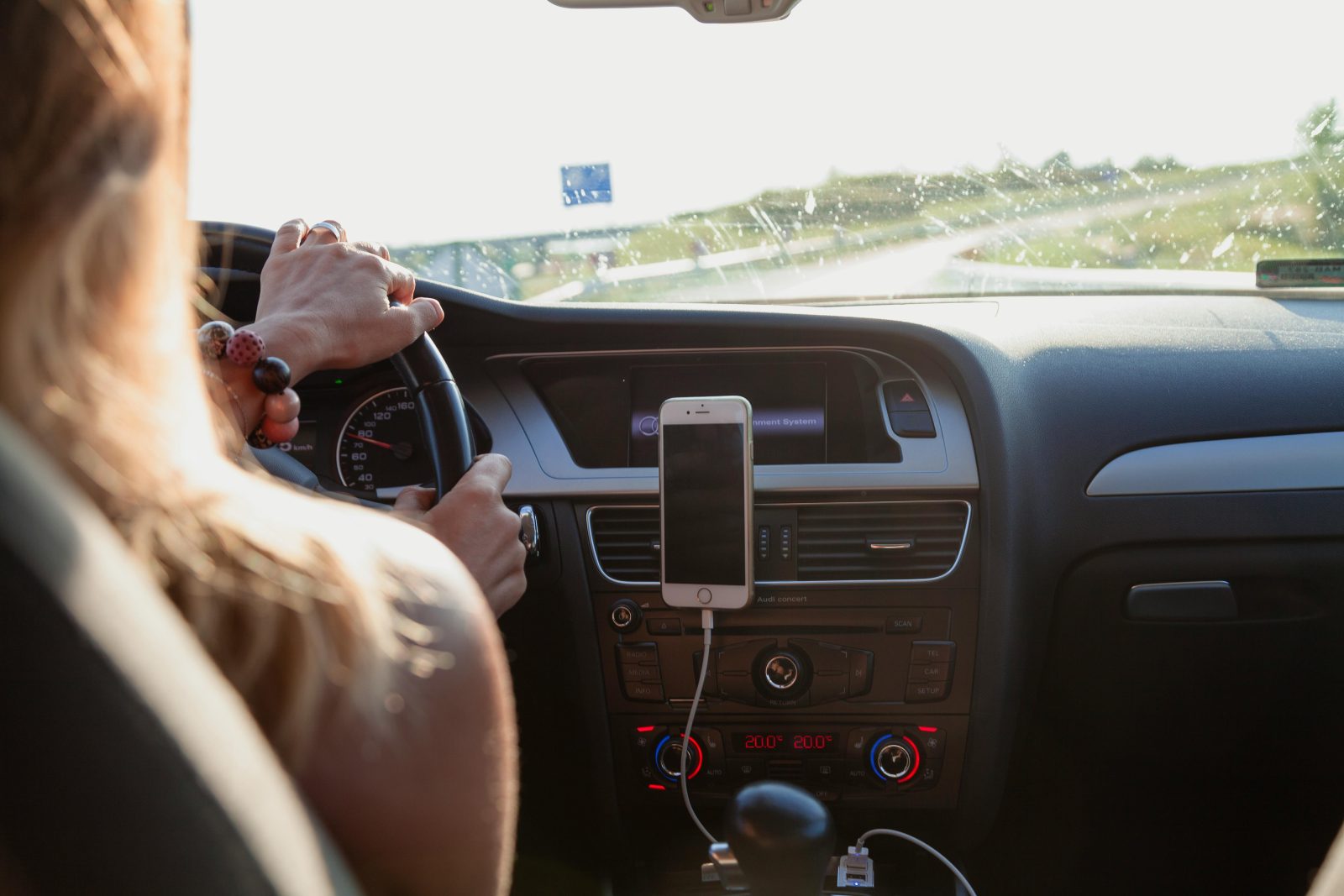
8 Ways VPNs Help Travellers
In recent times, cyberattacks have been on the rise. Having a VPN while travelling can protect your personal information and sensitive data from hackers.
A VPN, or Virtual Private Network, is a mechanism that creates a safe and encrypted connection between a personal computer, smartphone, tablet, or any other computing device and a less secure network. This added layer of security ensures that your internet activity remains private and secure.
VPNs can be invaluable for travellers. Here are some of the main benefits of using a VPN while travelling.
Enhanced Security on Public Wi-Fi
When travelling, you may need to connect to public Wi-Fi networks, such as those in hotels, airports, and cafes. These public Wi-Fi connections are often unsafe and susceptible to getting hacked. When you use a VPN, your internet connection is encrypted, which makes it much harder for cybercriminals to hack your device.
For an extra layer of security, it’s wise to regularly perform a VPN check to ensure your VPN is working properly.
Access to Geo-Restricted Content
Another benefit of using a VPN while travelling is the ability to access geo-restricted content, such as streaming services or websites that may be blocked in certain countries. By connecting to a VPN server in a different location, you can bypass these restrictions and enjoy your favourite content wherever you are in the world.
Privacy
A VPN makes your IP address private and hides your online activity from prying eyes, providing an extra layer of privacy and security while browsing the internet. This can help protect your personal information and prevent advertisers from tracking your online behaviour.
Safer Online Banking
Accessing financial services and making online purchases while travelling is safer when using a VPN. A VPN encrypts your data, making it harder for hackers to intercept sensitive information such as credit card details or login credentials.
Prevention of Bandwidth Throttling
Certain ISPs (Internet Service Providers) may throttle bandwidth for certain online activities, like streaming. Using a VPN can help prevent bandwidth throttling by masking your online activities from your ISP. This can ensure a smoother and faster internet experience, especially when streaming or downloading large files.
Help With Travel Planning
When travelling abroad, using a VPN may be highly beneficial, as it allows users to access geo-locked content. With a VPN, you can access websites that are region-specific, which makes getting better deals for accommodation or trip planning easier.
Getting Better Prices
Online retailers and airlines sometimes offer different prices based on the user’s location. Using a VPN can help you access these location-based deals and potentially save money on your purchases.
Secure Remote Work
If you are going on vacation but still need to do some work, with a VPN, you can access your work files with peace of mind. A VPN can provide a secure connection when accessing sensitive work information remotely, protecting your data from potential cyber threats.
Conclusion
Cyberattacks have been more rampant in recent times. It is a good idea to use a VPN to protect your online activities and data from potential threats. By encrypting your internet connection, a VPN can provide an added layer of security and privacy, whether you are at home or travelling.






